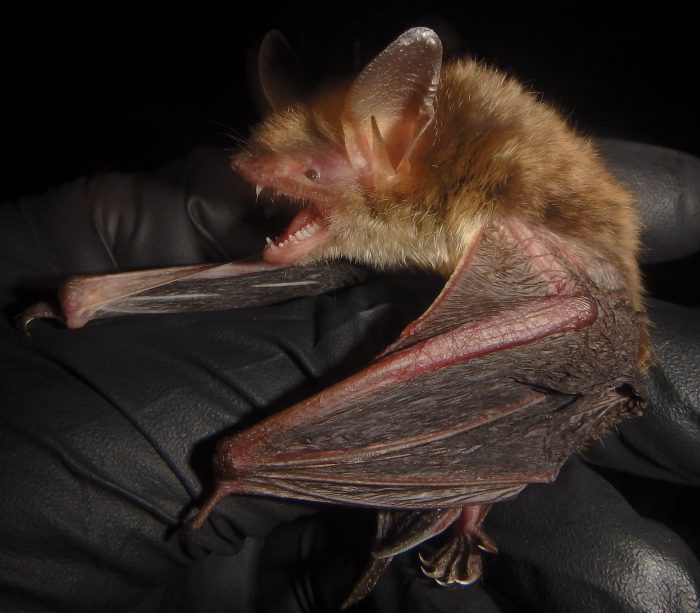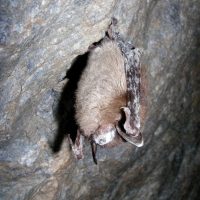On March 22, 2022, the U.S. Fish and Wildlife Service (USFWS) announced a proposal to reclassify the northern long-eared bat (Myotis septentrionalis; NLEB) from “threatened” to “endangered” under the Endangered Species Act (ESA). The change is a direct result of a January 28, 2020 ruling by a federal judge in favor of a lawsuit, Center for Biological Diversity v. Everson, that USFWS’s 2015 threatened listing of the NLEB did not adequately protect the species under the ESA. After a review of the best available scientific and commercial information, USFWS found that the NLEB meets the ESA’s definition of an endangered species and proposed uplisting its status accordingly.

The NLEB faces extinction due to the devastating impact of white-nose syndrome, a deadly disease that is decimating cave-dwelling bats and “has spread to approximately 80% of the species’ range and almost all of the U.S. range since it was listed as threatened in 2015 … and is expected to affect 100% of the northern long-eared bat’s U.S. range by 2025, spreading more quickly than anticipated across the continent.” Other factors influencing NLEB viability—though to a far lesser extent than the influence of WNS—include wind energy mortality, effects of climate change, and habitat loss.
At the time of its initial proposed listing as threatened in 2014, the Center for Biological Diversity reported “Scientists have estimated that by eating agricultural pests such as corn earworms and coddling moths, bats save U.S. farmers $22.9 billion per year. The timber industry also benefits from the free pest control services of bats that eat spruce budworms, gypsy moths, and other forest pests.”
The proposed rule to uplist the NLEB from threatened to endangered was posted on the Federal Register on March 23, 2022, and public comments may be submitted through May 23, 2022. A final decision is expected in November 2022.
Transportation projects covered under various programmatic consultations will not be impacted by the reclassification provided they are completed by the end of the year. Biologists strongly encourage mist-net surveys proposed for the 2022 summer survey season to include radiotelemetry on NLEB. EnviroScience bat biologists routinely conduct both acoustic and mist-net bat surveys, develop conservation and management plans, and work with clients to create conservation and avoidance measures. Our team is qualified and able to help you navigate your project through the ESA Section 7 Consultation process. We are keeping up with the latest information and are available at 800.940.4025 to answer any questions or concerns as to what this proposed reclassification may mean for your projects.
Few environmental firms in the country retain EnviroScience’s degree of scientific know-how, talent, and capability under one roof. The diverse backgrounds of our biologists, environmental engineers, scientists, and divers enable us to provide comprehensive in-house services and an integrated approach to solving environmental challenges—saving clients time, reducing costs, and ensuring high-quality results. Our client guarantee is to provide “Excellence in Any Environment” meaning no matter what we do, we will deliver on our Core Values of respect, client advocacy, quality work, accountability, teamwork, and safety. EnviroScience was created with the concept that we could solve complex problems by empowering great people. This concept still holds true today, as our scientists explore the latest in environmental legislation and regulations and incorporate the most up-to-date technology to gather and report data.
EnviroScience expertise includes but is not limited to: aquatic survey (including macroinvertebrate surveys and biological assessments); ecological restoration; ecological services (including impact assessments, invasive species control, and water quality monitoring); emergency response; engineering and compliance services; endangered mussel surveys; laboratory and analysis; stormwater management; threatened and endangered species; and wetlands and streams (including delineation and mitigation). Further, EnviroScience is one of the few biological firms in the country that is a general member of the Association of Diving Contractors International (ADCI) and offers full-service commercial diving services.



